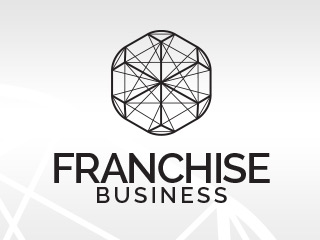
Banjo’s combines a traditional bakery and a traditional caf to create a distinctive dine in and takeaway retail food model.
“We bake on-site throughout the day to guarantee freshness,” says Lister. “Our extensive product range covers a number of profitable segments, including breads, sweet pastries, hot savouries, sandwiches and drinks. We offer traditional and lighter breakfast options until late morning and we also provide catering for parties and business functions.”
Origins
In 1984, award-winning baker Mark Saxby had the idea of combining a dine-in caf and takeaway and opened the first Banjo’s in Launceston, Tasmania. Today there are 36 stores, 32 of them franchised.
The ideal franchisee
“We always look for people with business acumen and financial resources, a commitment to working hard in business and good family support,” says Lister. “The right franchisee can learn all he or she needs to know from the Banjo’s Bakery operations team of professional bakers and consultants.”
Investment needed
A turnkey store costs approximately $650,000.
Training and support
All franchisees must complete a comprehensive training program covering all aspects of operating a Banjo’s outlet. A store opening team helps all new franchisees in commissioning, testing and opening a new franchise. The team then stays with the franchisee until he or she is comfortable running the store, usually four weeks after opening day.
The Bakery operations team trains franchisees in baking processes, developing the best bakery design for the site and negotiating national supply contracts to make the most of the brand’s buying power. Workshops cover
non-baking tasks, such as rostering and stock management and franchisees are kept informed about the latest global developments in bakery equipment and technology.
“We also have specialist marketing people working on research and development, so franchisees get everything they need to launch new products successfully,” says Lister.

